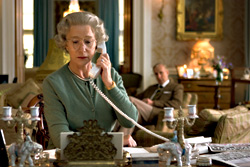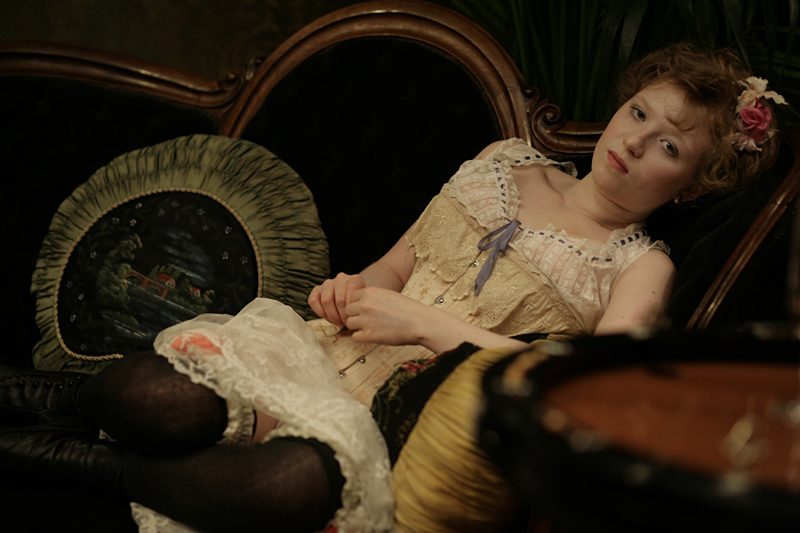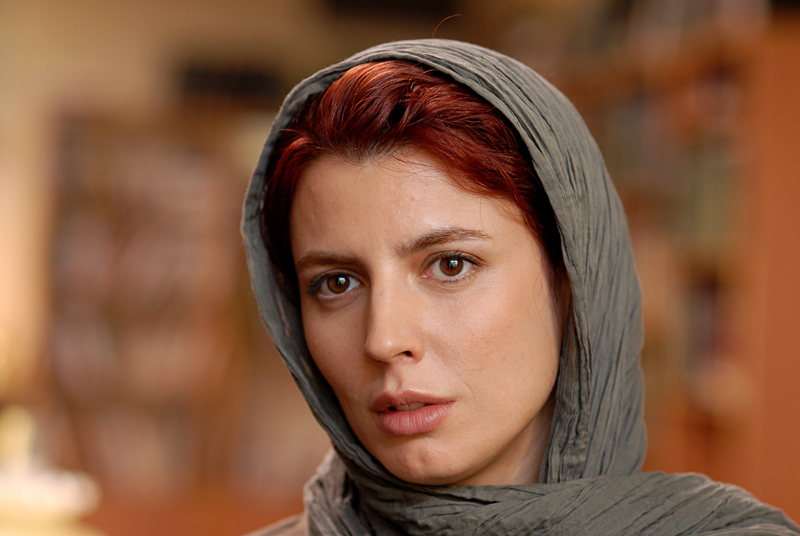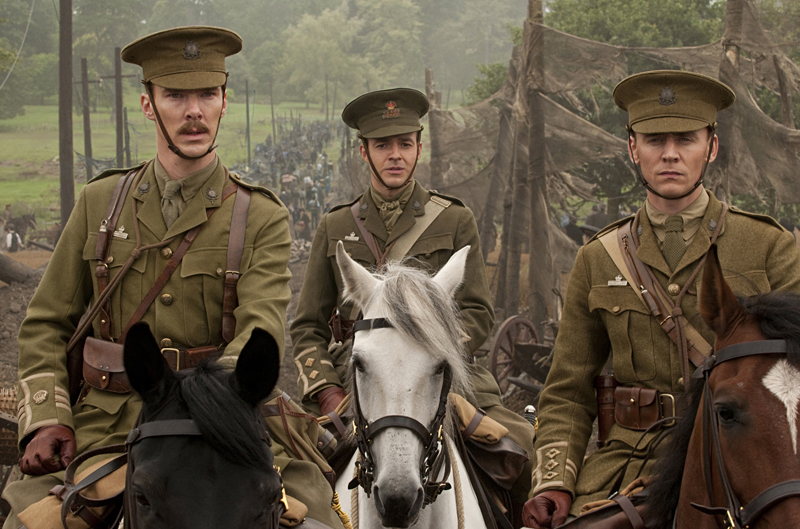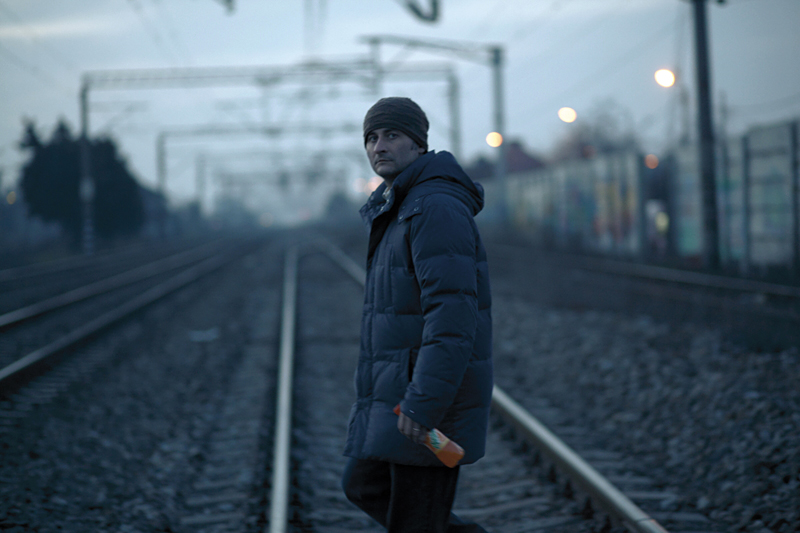More fun than any movie about the violent death of a 36-year-old woman has a right to be, The Queen is also as exotic an English-language picture as the season is likely to bring. Directed by Stephen Frears from Peter Morgan’s script, The Queen is set in the peculiar bestiary that is Britain’s royal family during the traumatic week between Diana Spencer’s fatal car crash and the state funeral that the British public forced into existence. The film’s theme is the monarchy in the age of mechanical reproduction.
Newly elected Tony Blair (look-alike Michael Sheen) faces his first crisis with Di’s death. He grasps the implications, but her majesty’s bedchamber is barely rumpled by the news. Queen Elizabeth (Helen Mirren) even denies her son the use of the royal jet to fly to Paris to recover his ex-wife’s body. The Windsors are oblivious to the public’s outpouring of grief. The infinitely savvier Blair steps into the breach, hailing Diana as “the people’s princess.”
For most of the movie, Frears cuts between the cheeky operatives in Blair’s office and the clueless royals ensconced at Balmoral. The movie skillfully employs archival footage and Diana’s actual image—which, paradoxically, grounds the movie both in reality and myth. It also drives home The Queen‘s meaning: Diana’s apotheosis was a true triumph of the image. Pursued by paparazzi, the world’s most photographed woman died in what might have been the subject for one of Andy Warhol’s silk-screened “disasters.”
Because the image rules, The Queen‘s real queen is Diana. But because the movie is essentially a high-wire acting stunt, its star is Mirren. Could the actual Elizabeth exhibit anything approaching the actress’ wit or timing? Could she be nearly as intelligent in her confusion or stylish in her regal dowdiness? (The script even allows her to acknowledge her own impersonation, sniffing that “nowadays people want glamour and tears, the grand performance.”)
Where Mirren’s performance is grandly controlled, the other royals are shown as innately comic. Charles (Alex Jennings) is a pathetic Bertie Wooster type. The tipsy Queen Mum (Sylvia Syms) is mainly upset that Diana’s funeral will poach on the plans she had made for her own interment, while Prince Philip is played for maximum unpleasantness by James Cromwell.
Blair, of course, is an idealistic commoner and hence the movie’s hero. Thanks to him, Elizabeth stoically realizes her duty, however grudgingly. By the movie’s end, Blair is totally identified with Elizabeth’s pain all the way back to her uncle’s abdication—as are the filmmakers. No less than any showbiz personage, she has submitted to the tyranny of ratings. J. HOBERMAN
